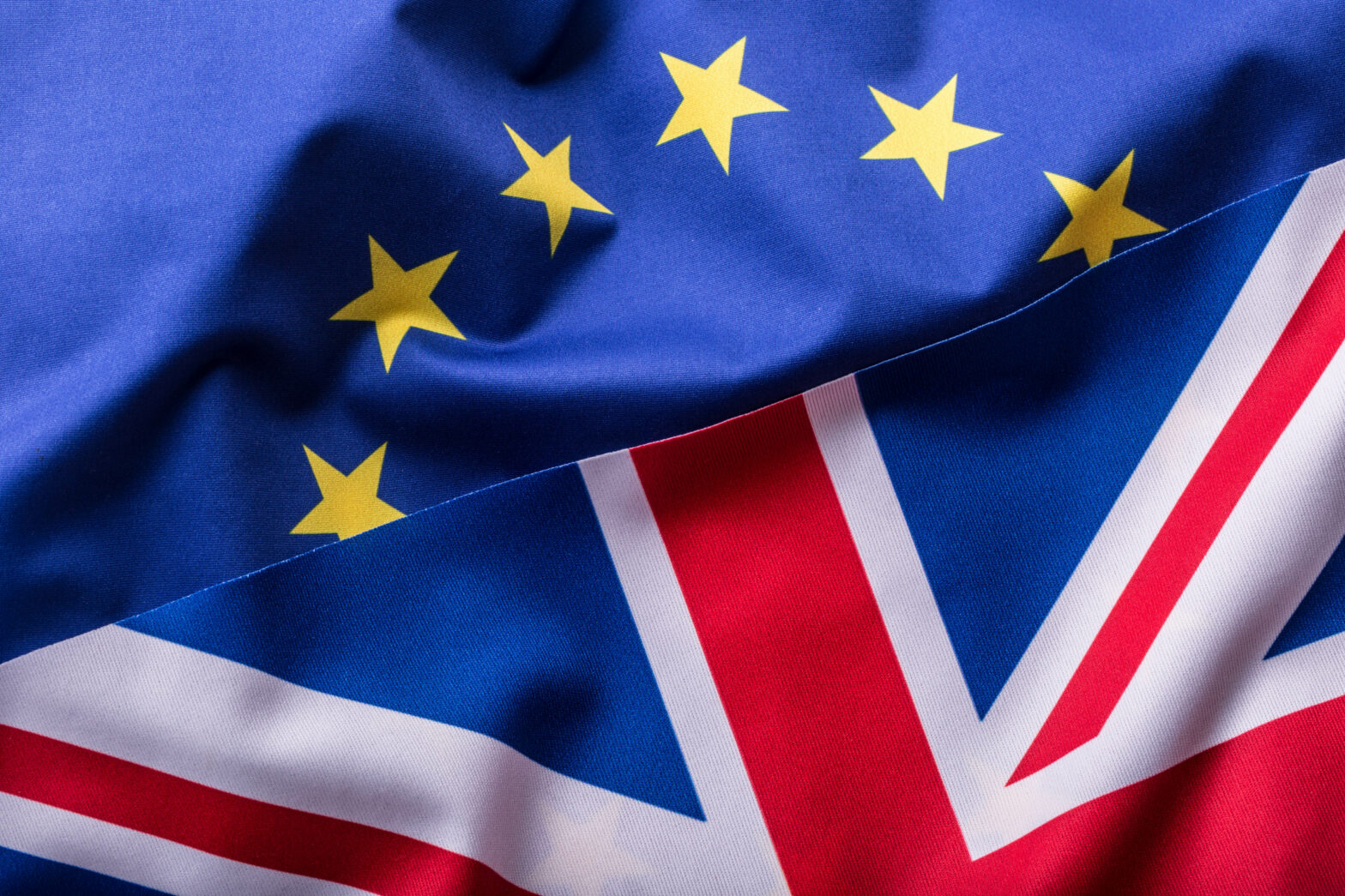Financial services are vital for the UK’s economy, GDP and world standing. However, with ongoing Brexit debates, it’s important to understand how EU membership affects our financial services and learn what impact leaving the EU may have on the sector.
This article takes a detailed look at all of these issues, including why financial services are so important to the UK’s economy, how financial rules are decided in the EU and whether this is a good thing.
It will show that EU membership is largely beneficial for the UK’s financial services sector, particularly given trade relationships with the EU and how important the financial services sector is to the British economy.
Big business: Why financial services are important to the UK economy
The financial services sector includes banking, insurance, fund management and securities dealing. Figures released by the Government show that financial services made up 9.6 per cent of national output in 2011, contributing £129 billion to the UK economy.
The contribution of financial services to the UK economy is much higher than it is in other countries. In the US, it’s 7.6 per cent, in Japan, it’s 4.9 per cent, in France it’s 4.7 per cent and in Germany it’s 4.2 per cent, less than half of the UK level. This is because the UK is a leading provider of financial services globally, with London acting as a world hub, particularly in the forex market.
As a result, the UK is the world’s largest exporter of financial services, generating a trade surplus of £47.2 billion in 2011. Likewise, due to the successes of financial services companies, they make the largest contribution to tax revenues of any sector according to the same government figures.
In 2011-12, this total came to £63 billion. This was more than enough to pay for government spending on public order and safety, industry, agriculture and employment.
Due to this, it is undoubted that financial services are vital to the UK’s economy, GDP and world standing. This, as will now be shown, is largely because of Britain’s place in the single market and EU influence.
Britain’s financial services and the EU’s impact
As an EU member, the UK has unconditional access to the single market, including the market for financial services. The UK also has a vote on financial rules, much like it does on other aspects of EU legislation. Financial legislation is decided by the European Parliament and the Council of Ministers, with the UK having representation in both of these institutions.
A number of UK institutions are also members of European supervisory authorities. These are designed to promote co-operation among national financial supervisors. As a result, the UK has quite a large say on economic decisions made in the EU. However, the UK’s influence has diminished slightly since the financial crash of 2008.
Some argue that the UK’s membership of the bloc has also diverted some trade rather than attracting it. However, the Financial Times believes that many economists do accept that trade creation has far outweighed trade division, bringing increased competition, innovation and specialism.
In a poll conducted as part of their research, more than three quarters of economists thought that a Brexit would adversely affect the UK’s medium term economic prospects, nine times more than the 8 per cent who thought Britain’s economy would benefit.
How this affects financial services in the UK
It’s clear that EU decisions affect British policies, particularly in banking and finance. For example, the Bank of England recently held interest rates for the 85th consecutive month thanks, in part, to decisions made by the European Central Bank.
In their own publication, the Bank of England also note that Britain’s EU membership affects The Bank’s objectives as:
• EU membership increases economic and financial openness
• Exposes us to more economic and financial shocks from overseas
• Means that EU regulations, directives and rules define many of the Bank of England’s policy instruments.
The Bank believes that the openness of the EU has increased as a result of EU membership, with institutional arrangements and policy frameworks for price stability managing these challenges and maintaining price stability. It also acknowledges that, in the future, the EU regulatory framework must be able to facilitate the necessary further integration of the euro area.
Is this a good thing?
The UK has strongly benefitted from access to the single financial market according to data released by TheCityUK and studied by Professor Lucia Quanglia. The data shows that the EU is the biggest market for our exports of financial services, generating a trade surplus of £15 billion. This is a figure that has more than doubled in the decade to 2012.
Additionally, the UK also attracts more foreign direct investment than any other EU member state, with financial services attracting more foreign direct investment than any other sector, with more than £100 billion invested in the UK by foreign companies since 2007. Admittedly, over half of this came from non-EU countries, but access to the single market is still thought to be a major motivation for it.
When looking at specific financial services, the benefit of the EU and the single market becomes even clearer. For example, as Professor Quanglia notes, about 70 per cent of the EU’s foreign-exchange trading and 40 per cent of global trading in euros takes place in the UK. Additionally, the UK also hosts 85 per cent of the EU’s hedge-fund assets, 42 per cent of EU private equity funds, half of EU investment bank activity, half of EU pension assets and international insurance premiums, according to her research.
To conclude, the UK’s financial services sector appears to greatly benefit from EU membership, particularly as the UK is attracting more foreign direct investment than any other EU state. The UK also still gets a strong say on financial rules and economic legislation in the EU. As a result, it can be concluded that staying within the EU is positive for the UK, particularly given the size and the importance of the financial services sector to the UK economy.





